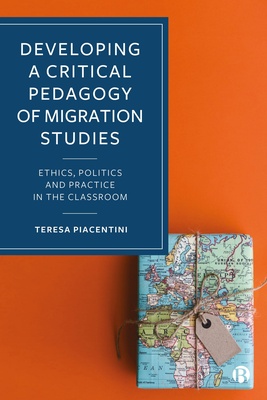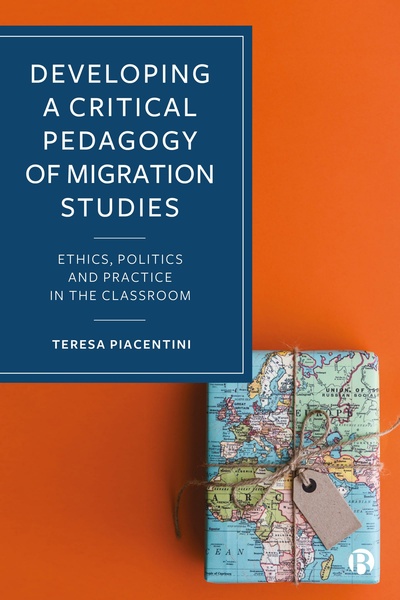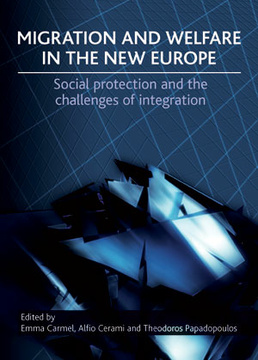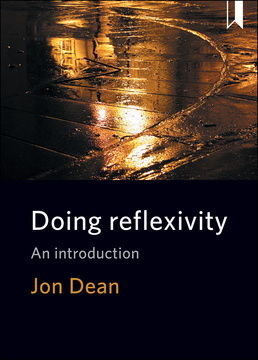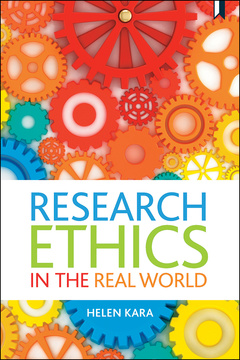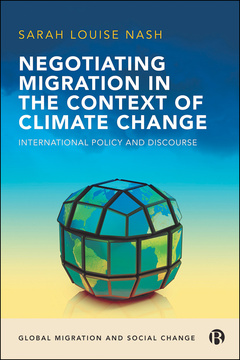Developing a Critical Pedagogy of Migration Studies
Ethics, Politics and Practice in the Classroom
By Teresa Piacentini
Published
20 May 2025Page count
194 pagesISBN
978-1529227147Dimensions
234 x 156 mmImprint
Bristol University PressPublished
31 May 2024Page count
194 pagesISBN
978-1529227130Dimensions
234 x 156 mmImprint
Bristol University PressPublished
31 May 2024Page count
194 pagesISBN
978-1529227154Dimensions
234 x 156 mmImprint
Bristol University PressPublished
31 May 2024Page count
194 pagesISBN
978-1529227154Dimensions
234 x 156 mmImprint
Bristol University PressMigration as a taught subject is entrenched in social and political debates, with the classroom firmly framed as a site of committed social and political encounter. That means teaching migration through the prism of critical pedagogy is a political and ethical necessity.
This book invites readers to examine their own relationships with migration, ethics, politics and power. It encourages teachers, students and practitioners to think critically about their position in relation to the knowledge they both bring and gain.
With pedagogical features that provide space for reflection and discussion, this is a transformative resource in reshaping how we teach and learn about migration.
“How can we even begin to talk, teach and learn about migration, one of the most politicised and polarising issues of our time? This book is a gift to all of us who try.” Maurice Stierl, Osnabrück University
“An urgent manifesto on and guide to critical pedagogies. In this compelling book, Piacentini explores how we teach, talk about and research migration in our politically polarised times, while maintaining a fierce commitment to social justice and imagining radical alternatives.” Ċetta Mainwaring, University of Edinburgh
“A timely book which grapples with the complexity of teaching migration in the current political climate. A vital read for scholars across different disciplines engaged in teaching migration topics.” Kelly Devenney, University of York
Teresa Piacentini is Senior Lecturer in Sociology at the University of Glasgow.
1.Critical Pedagogy and Pedagogic Discomfort
2.The ‘Political Now’
3.The Ethical Classroom
4.The Political Classroom
5.Migration Literacies
6.Impact and Refusal
7.Connections







